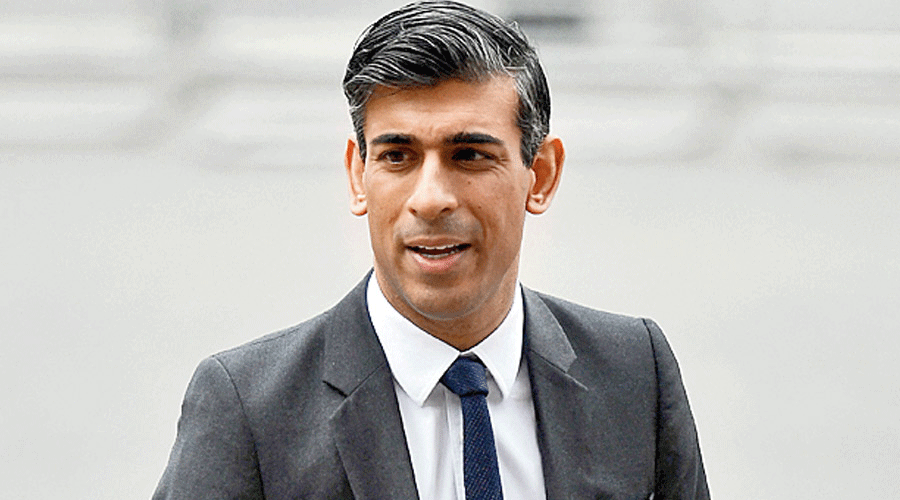Rishi Sunak: A product of Tory Hindu Revolution


The election of Rishi Sunak, a man of color and a practicing Hindu, to the position of the Prime Minister of the largely white U.K., at a time when ethnonationalism and majoritarian far-right parties are on the rise in many democracies throughout the world, has immense symbolic significance. While the fact that he was elected as Britain’s first non-white prime minister indicates that Conservative MPs are willing to look past racial and religious divides in search of a solution to the crisis that both the party and the country are facing, some in India welcomed his victory with particular jubilation because they view it as a historical milestone for a man of Indian origin to rule over India’s former colonial rulers. But when put to the test with the harsh facts of the present, symbolism’s potency is constrained.
In fact, the exact conditions that gave rise to his success ought to be a warning to the incoming leader. He is the third Prime Minister to take office in the past two months and the fifth since the Conservatives won the general election in 2010. His immediate predecessor, Liz Truss, had made similar promises to boost the economy but was forced to resign after only seven weeks due to a negative market response to her policy initiatives and an open uprising among Tory MPs.
Few predicted that Mr. Sunak, a former hedge fund manager, would succeed Boris Johnson as the party’s leader in three years when the Conservatives won the 2019 elections with a clear majority. And yet, he now occupies 10 Downing Street, leading a party that is at war with itself and an economy that is on the verge of recession with an estimated $45 billion budget deficit.
Rishi Sunak’s ascension is the outcome of a remarkable shift in the Conservative Party’s perspective toward Hindus, which exemplifies the complexity of post-World War II Asian immigration to this country. The Tories have changed from a party that historically loathed Hindus—to one that has sufficiently shifted toward the Hindu population for the community to no longer harbor its previous aversion to the Tories.
Sunak won’t be able to overlook the painting of Winston Churchill inside No 10 despite the Tories’ dislike of being reminded of their animosity toward Hindus. When Churchill returned from Yalta in February 1945, according to the diary entries of Churchill’s Downing Street secretary, John Colville, “the PM claimed the Hindus were a beastly people, ‘saved by their mere pullulation from the destiny that is their due.’
The Tories will claim that they have come a long way, especially under the leadership of David Cameron, who in 2015 wooed Narendra Modi at a reception in Wembley by speaking a few lines in Gujarati while his wife, Samantha, was dressed in a sari.
Sunak is an Asian who belongs to a very distinct wave. His ancestors had been urged by the British during the empire to immigrate to east Africa in order to serve as intermediaries between the British and the Africans. However, many of these migrants—including Sunak’s parents—moved to Britain as these nations separated from Britain in the 1960s, acquiring new governments and, in some cases, turning more antagonistic toward their Asian communities. His mother was from Tanzania, and his father was from Kenya.
The Kenyan Asian bill, which broke the promise that they might come to Britain if they were driven out of Kenya, was approved by the governments of Harold Wilson and Harold Macmillan, both of whom were Tories. It was Edward Heath’s Tory government that overcame resistance in 1972 to permit Ugandan Asians who had been expelled from the country by Idi Amin, notably from many in Labour. Despite the hostility and suffering they experienced, which were widely recorded, these Asian immigrants persevered and left their impact on British culture and the country’s economy.
Sunak has made much of the long hours he spent working at the pharmacy his mother ran. In contrast to the stereotype of Asians from the direct-flight generation as industrial employees, his mother was one of numerous east African Asians who owned such enterprises.
Since Sunak’s parents immigrated to Britain, all of these Asian communities have advanced significantly.
DISCLAIMER: The author is solely responsible for the views expressed in this article. The author carries the responsibility for citing and/or licensing of images utilized within the text.
